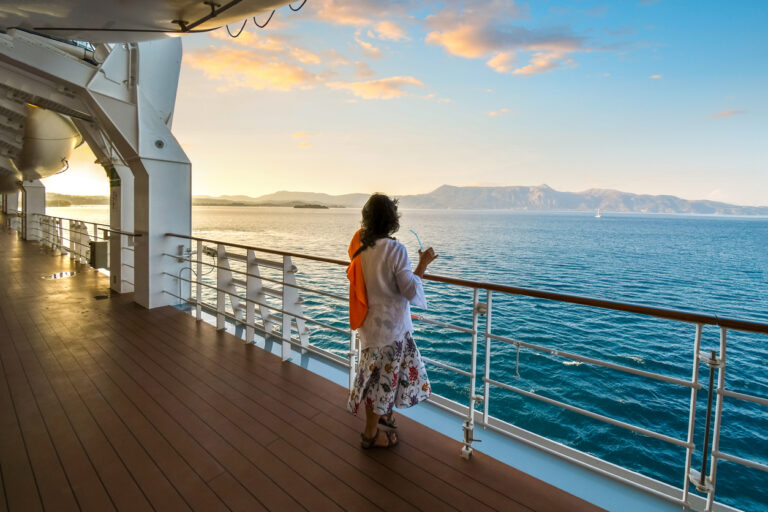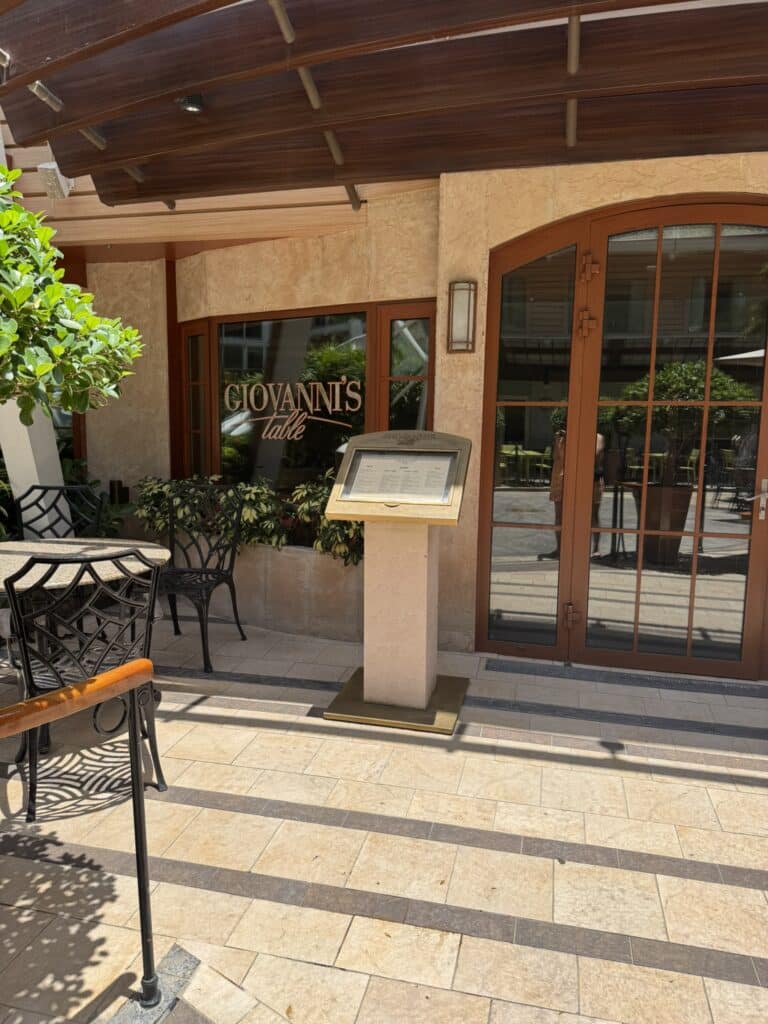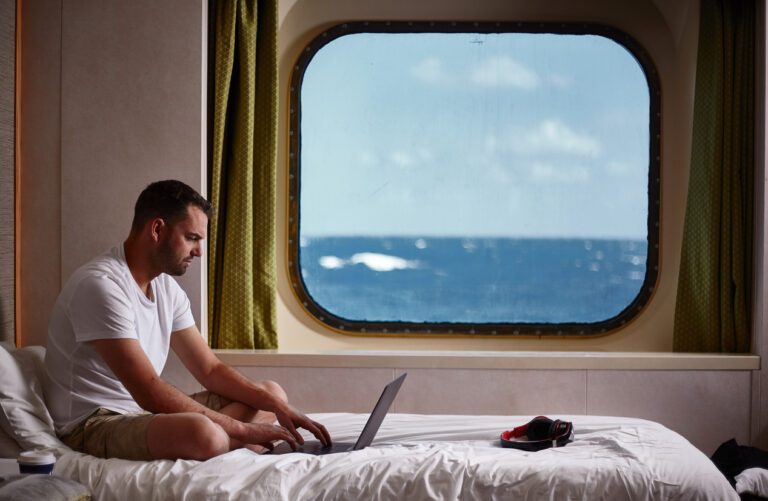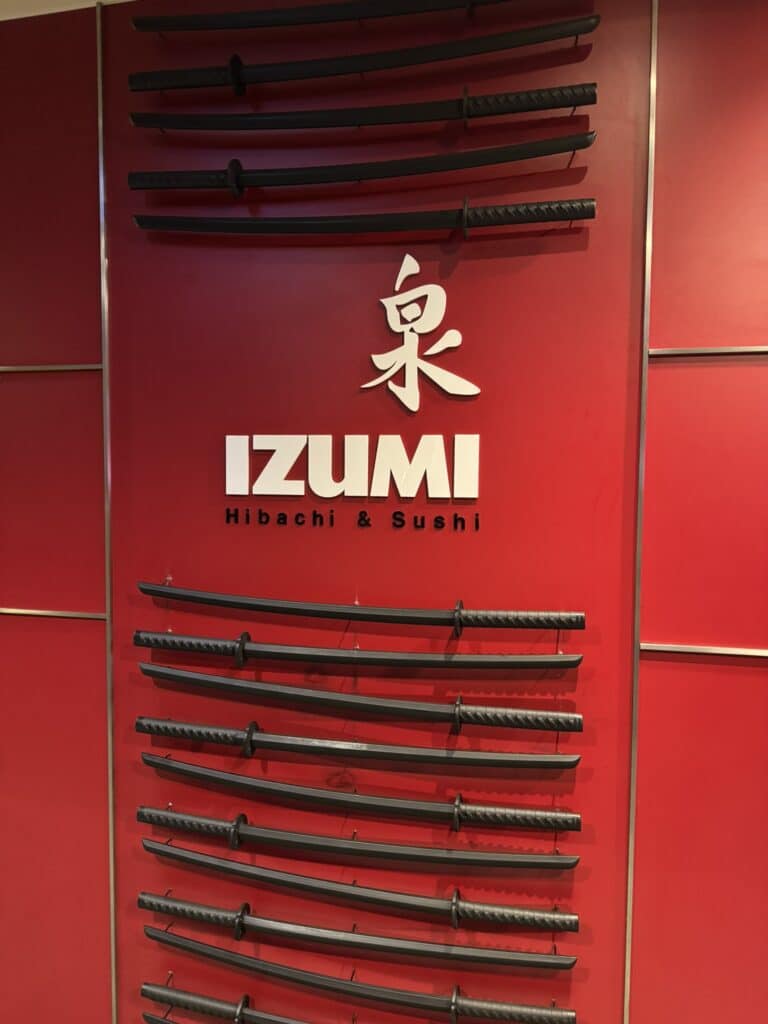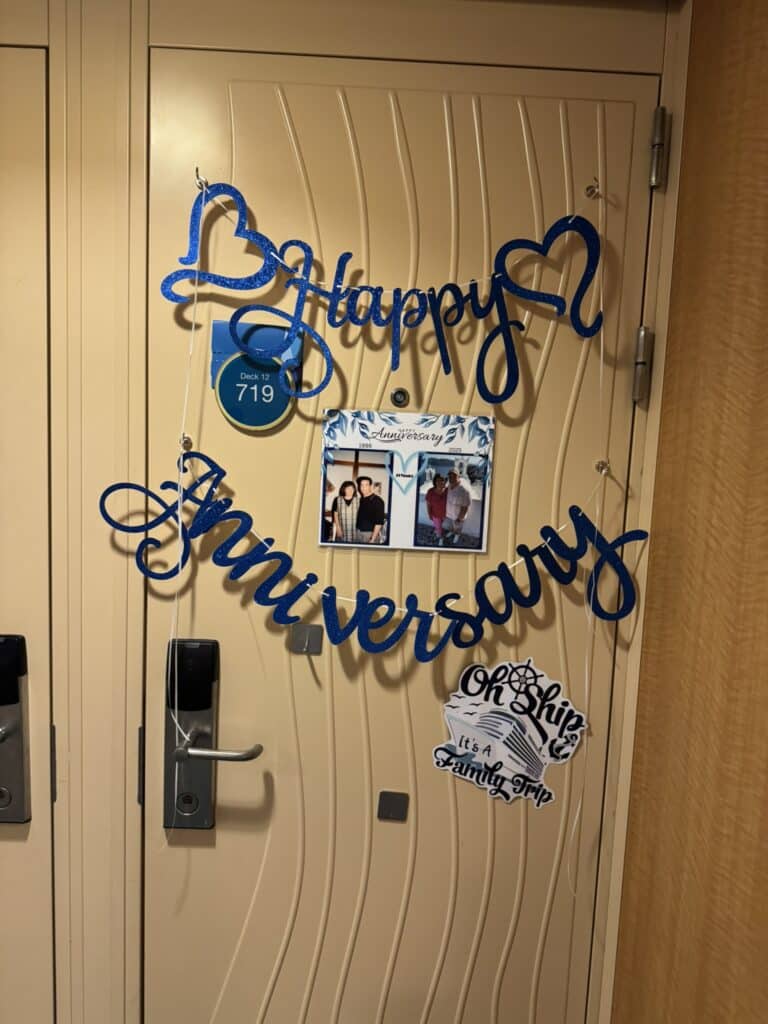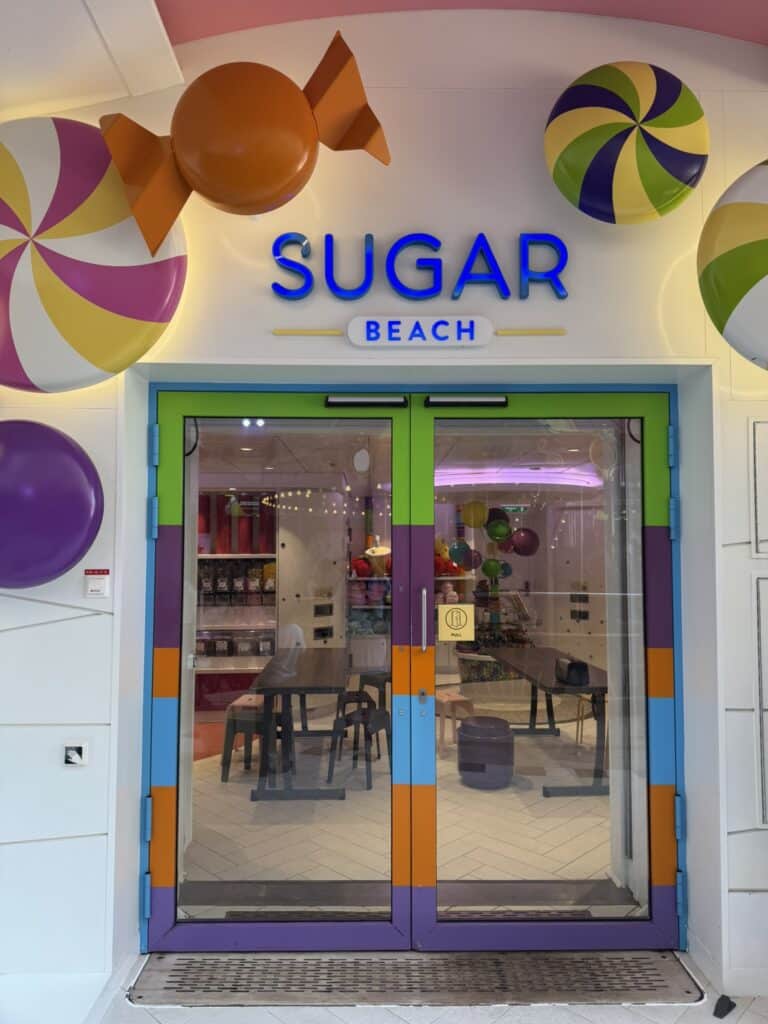Safety Tips While on a Cruise: How to Stay Secure and Avoid Common Ship Accidents
Cruising is one of the most relaxing and enjoyable ways to travel, offering stunning ocean views, exciting excursions, and world-class entertainment. However, like any form of travel, it’s important to be aware of potential risks and take precautions to ensure a safe and worry-free experience.
This guide will cover essential safety tips while on a cruise, including the most common ship accidents, the risks of going overboard, and how to stay secure throughout your journey.
The Most Common Cruise Ship Accidents
While cruise ships are generally very safe, accidents can still happen. The number one type of ship accident is slip and fall incidents.
1. Slip and Fall Accidents
Cruise ships have wet surfaces, moving decks, and crowded areas, making slips and falls the most frequent onboard accidents. Here’s how to avoid them:
- Wear non-slip shoes to maintain traction on wet decks.
- Be cautious near pools and buffets, where spills are common.
- Hold onto railings when walking on stairs or near the ship’s edge.
2. Illness & Foodborne Issues
Cruise ships are enclosed environments, making viruses and foodborne illnesses a concern. Stay safe by:
- Washing hands frequently and using hand sanitizer.
- Avoiding undercooked or questionable food at buffets.
- Staying hydrated and drinking bottled water at ports.
3. Fire & Emergency Situations
While rare, fires can occur on cruise ships. Be prepared by:
- Knowing the location of emergency exits and lifeboats.
- Following all safety drills conducted at the start of the cruise.
- Avoiding smoking in non-designated areas.
Going Overboard: Understanding the Risks & Prevention
Falling overboard is one of the most serious incidents that can occur on a cruise. While rare, it’s important to understand the risks and how to prevent them.
1. Causes of Overboard Incidents
- Alcohol consumption – Excessive drinking can impair judgment and balance.
- Reckless behavior – Climbing railings or leaning too far over the edge.
- Accidental slips – Wet decks and unstable footing near the ship’s edge.
2. How to Prevent Overboard Accidents
- Never climb or sit on railings—they are there for safety.
- Drink responsibly and avoid excessive alcohol consumption.
- Stay aware of your surroundings, especially at night or in rough seas.
3. What Happens If Someone Falls Overboard?
Cruise ships have strict emergency protocols for overboard incidents:
- Immediate alert – Crew members activate emergency procedures.
- Search and rescue – The ship stops, and lifeboats or helicopters assist.
- Survival chances – Quick response is crucial, but survival depends on water conditions and rescue speed.
General Safety Tips While on a Cruise
To ensure a safe and enjoyable cruise, follow these essential safety tips:
1. Stay Aware of Your Surroundings
- Be mindful of crowded areas and potential hazards.
- Keep an eye on weather conditions that may affect ship movement.
2. Secure Your Valuables
- Use the in-room safe for passports, money, and electronics.
- Avoid displaying expensive jewelry or large amounts of cash.
3. Follow Ship Safety Protocols
- Attend the mandatory safety drill at the beginning of the cruise.
- Know the location of lifeboats and emergency exits.
4. Drink Responsibly
- Excessive alcohol consumption can lead to poor judgment and accidents.
- Always stay with a group if drinking at bars or lounges.
5. Be Cautious During Shore Excursions
- Choose reputable tour operators for excursions.
- Stay hydrated and wear sunscreen to avoid heat-related issues.
Final Thoughts: Enjoying a Safe Cruise Experience
Cruising is an incredible way to travel, but taking precautions ensures a safe and enjoyable journey. By following safety tips while on a cruise, being mindful of common ship accidents, and understanding the risks of going overboard, you can relax and enjoy your adventure with peace of mind.
Before your next cruise, review cruise ship safety advice, stay informed, and make smart choices to ensure a memorable and secure voyage!


